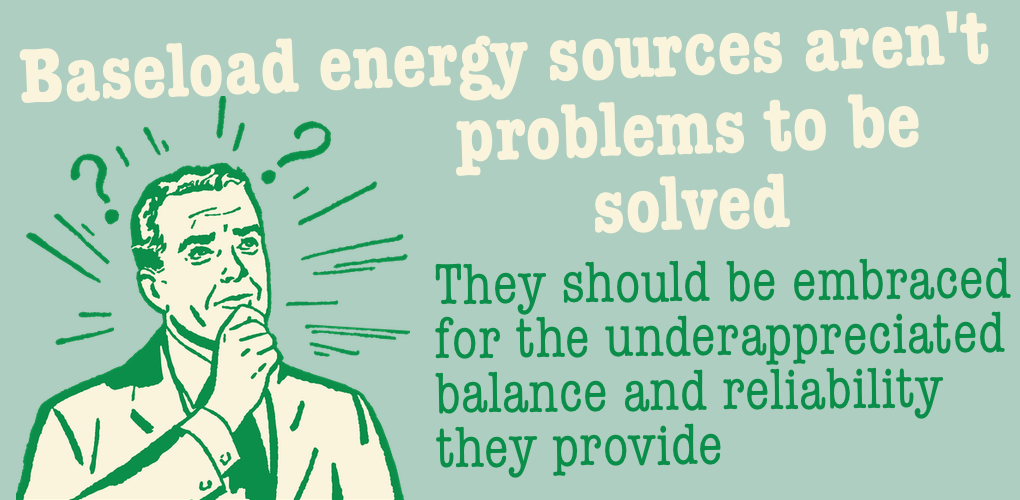
The More Expensive, Less Reliable Solution
In the wake of California’s rolling blackouts, there has been a deluge of explanations, excuses and suggested remedies for what went wrong and what needs to happen to ensure there isn’t a repeat. There are calls for demand response, a nationally integrated super grid, an over-build of renewables and energy storage on an unprecedented scale. The common thread is hugely expensive investments in infrastructure, in capacity and even in technology that doesn’t exist.
There is an unmistakable Rube Goldberg quality to this conversation. If you want the technologically or politically complicated or expensive, there’s no shortage of experts and purported solutions from which to choose.
But instead of trying to fix the broken, or replace what works, a more elegant solution is to not break it in the first place. For grids across the country that haven’t yet abandoned a diverse, fuel-secure electricity mix in the race to renewables or overreliance on natural gas, that opportunity is still within reach. Existing, well-operating coal and nuclear power plants provide balance, security and dispatchable capacity that has long underpinned grid reliability. It’s past time for markets and utilities to better value these essential resources.
Reliability on scorching summer days and in bitter cold is just one dimension of the story. Affordability – especially with the challenge of economic recovery looming over the country – is another.
For all of the well-founded frustration over California’s blackouts, or “greenouts” as critics of the state’s rush to renewables are now calling them, California’s energy policy left much to be desired before this crisis.
The state has seen electricity prices steadily climb, rising far faster than in the rest of the country. Between 2013 and 2018, electricity rates in California jumped 25% as the state rushed ahead with ever-more ambitious renewable energy targets. California’s electricity costs 50% more per KWh than the national average.
In states without California’s temperate weather, that’s a recipe for crippling economic pain. Take California’s electricity prices and plop them down in Indiana, Michigan or Georgia and it would be the top story in the nightly news, akin to $5.00 per gallon gasoline. But curiously, California, home to sky-high electricity prices and a reliability crisis, has become a model for energy ambition when it appears to be a case study in what not to do. In too many states, energy policy has become wildly unbalanced in favor of renewable mandates and emissions-reduction when it’s affordability and reliability that still matter most to voters.
The chasm between statehouse policy or 260-page blueprints for federal climate legislation or even campaign-trail rhetoric and what Americans tell us they actually want is only getting wider. Recent polling from Morning Consult found that 85% of Americans are concerned with rising electricity rates and a majority of voters aren’t willing to pay a dime more for an aggressive energy transition agenda.
Continuing to reduce emissions from the nation’s electricity sector should be a priority but it shouldn’t come up with an ever-escalating price tag nor with the growing threat of blackouts.
Instead of treating baseload energy sources like problems to be solved, they should be embraced for the balance and reliability they provide. Dispatchable fuel diversity remains underappreciated. With natural gas prices now rising, coal is expected to regain an edge in markets across much of the country this winter, holding down electricity and heating prices for consumers. That competition between fuel sources has long been an overlooked strength of the U.S. electricity system but it’s a strength rapidly slipping away.
Turning our back on fuel diversity, affordability and reliability has always been irresponsible, but now, as tens of millions of families struggle to stay afloat, it’s a mistake we cannot continue to make. Tearing down and attempting to replace what works with inherently less reliable and more complicated solutions is an antidote Americans don’t want and shouldn’t be forced to swallow.
- On August 26, 2020
